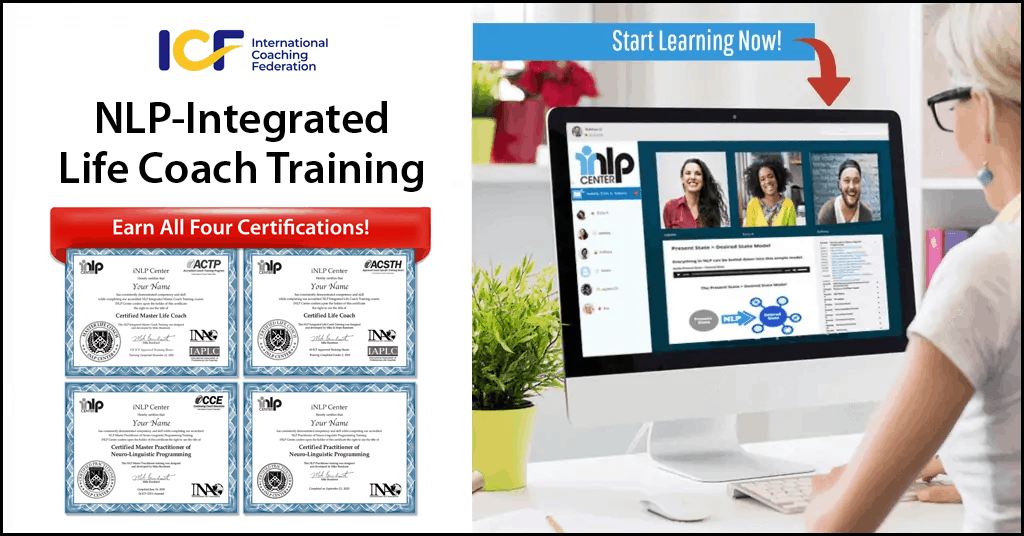Beyond the life coaching skill set that you’ll learn in training, there are a number of areas in which you will need to become a competent professional life coach. These are in the category of professional development and many will require your daily attention.
Marketing
Effectively advertising and promoting your coaching business is a vital, on-going task. You may be a fantastic certified coach, but if no one knows about you, all those wonderful coaching skills will be wasted. No marketing = no sales opportunities = no clients. We’ll get more specific about marketing in steps 9 and 10.
Selling
So you’ve promoted your professional coach services and the inquiries from people are coming in. But, you’re not finished yet. While effective marketing creates sales opportunities, selling creates paying clients.
You’ll need to learn an effective system to convert inquiries into clients. Many who are drawn to life coaching are uncomfortable with the sales process, and worry that it will be too ‘car sales-y’. It should be a relief to know that a good life coaching sales process is not like that at all!
Your sales meeting is more of a consult than a sale. The sales process should follow a specific system that includes a set of questions which potential clients will find helpful, and which naturally motivates them to sign up for professional coaching where appropriate.
At iNLP Center, we call our coaching sales program the Windfall System. It takes the guesswork out of what to say and do during an initial consultation and is exceptionally effective at converting interested inquiries into coaching clients. And you’ll never feel like you have to convince or pressure anyone.

Administration
Administration is a catchall set of tasks and required skills including (but not limited to):
- Maintaining your website
- Billing and bookkeeping
- Keeping your calendar up-to-date
- Maintaining your mailing list
- Managing between-session client communications
Much of the above can be automated or outsourced inexpensively these days, but it’s still a good idea to know how to perform most tasks yourself, especially during the early days of your practice.
Skill-building
The best coaches are always looking to up their game. Continuous professional development through additional training, reading, seminars, and workshops will be what sets you apart from other coaches.
Since coaching models and techniques are not one-size-fits-all, you want to be proficient in several. The more tools in your bag, the more client challenges you can address. Being the best you can be through on-going personal growth should be a way of life for life coaches.
Working with Clients
Most life coaches work directly with others, usually one-on-one via in-person, video, or over the phone.
It can be overwhelming at the start of your life coaching journey to imagine coaching actual, living and breathing clients. Being able to comfortably talk, listen to and deal with the emotions of someone who is looking to you for guidance can feel intimidating, even scary.
When iNLP Center new students discover that they will be submitting a real coaching demonstration audio for review, most are nervous at the prospect. We always remind them that by the end of their training, they will have practiced enough coaching and learned so many practical coaching skills that they will become quite comfortable working with actual clients.
It also helps to remind yourself of the positive and constructive impact you can have on someone in need. It’s why you signed up for this. The thrill of knowing you’ve made a difference in someone else’s life is an experience that brings with it the most profound sense of satisfaction.
During your professional life coach training, take one day at a time. Your coaching confidence will grow because we focus on that, specifically.



